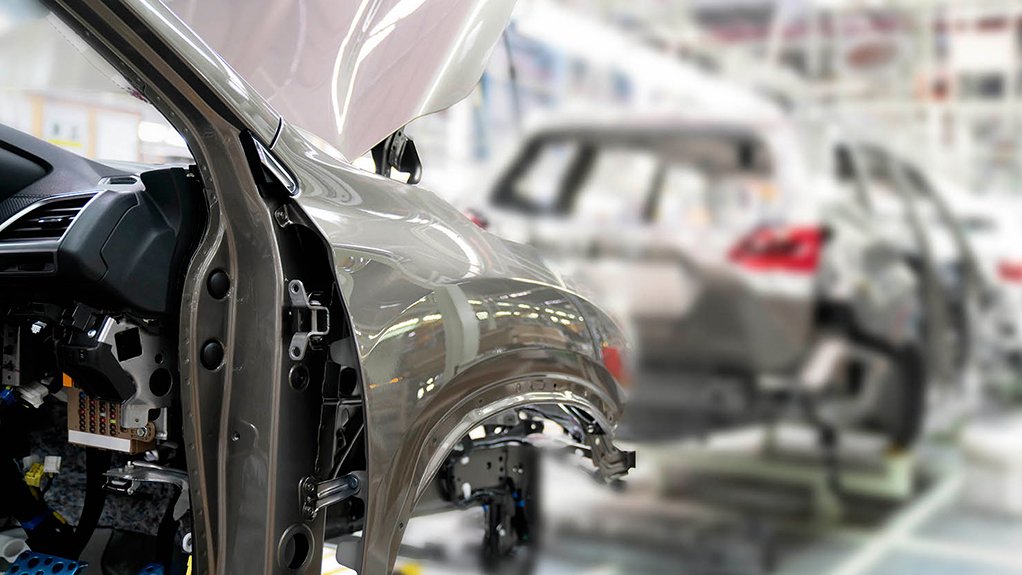The automotive assembly industry in Africa has “great economic potential” and the African Association of Automotive Manufacturers (AAAM) is focusing on ensuring this potential is realised, says AAAM CEO David Coffey.
By working with governments to shape policies that create an enabling and attractive investment environment, the automotive industry in Africa can advance, he outlines.
However, this will require collaboration across various African countries to help ensure that the value chain and the associated industrial partnerships are based on effective automotive policy.
While countries such as South Africa and Ghana have implemented automotive policies that have shown success, increased regional development requires a greater collective to produce an effective automotive industry value chain on the continent, says Coffey.
AAAM has noted that other countries have expressed their willingness to get involved, citing, for example, the approval of an automotive policy by the Egyptian Cabinet on March 10, 2022.
“This is a really big move because it is going to be based on the same framework that South Africa and Ghana have implemented, including the trade-related investment measures, as well as Chapter 98, which handles components for original-equipment manufacturer suppliers.”
Further, South Africa, Ghana and Egypt’s having automotive policies highlights a key opportunity for these countries to implement an inter-industrial partnership agreement and really kickstart the sector in Africa from an industrialisation perspective, explains Coffey.
“While AAAM believes that the Africa-wide interest in the automotive industry is important, it must also be noted that this should be a coalition of the willing, because a key step in development is policy implementation.”
He adds that once policy is developed and implemented, investment will follow.
“As AAAM, our goal is to highlight the potential that the automotive industry has in Africa and to guide African countries in the right direction.”
The association has done so by visiting various African countries to discuss their role in the value chain and gain an understanding of their competitive advantages.
“Not every country can be an assembler, so we are spending much time looking at which countries could manufacture which components,” says Coffey.
He cites an ongoing study – funded by the New Development Bank, formerly the (Brazil, Russia, India, China, and South Africa) Brics Bank – that is focusing on West Africa and the Economic Community of West African States region to investigate which benefits these countries can provide in terms of the automotive value chain.
“This includes looking at the raw materials that these countries have and investigating which interesting industries these countries currently boast.”
He adds that, before the Covid-19 pandemic, more than one-million new vehicles were sold in Africa.
“We believe that, by 2035, with the right policies and ecosystems in place, this can jump to five-million.”
However, Coffey reiterates that such an increase would require an effective continent-wide strategy that considers policies, as well environments, that attract investment across the automotive assembly value chain.
Edited by: Zandile Mavuso
Creamer Media Senior Deputy Editor: Features
EMAIL THIS ARTICLE SAVE THIS ARTICLE
ARTICLE ENQUIRY
To subscribe email subscriptions@creamermedia.co.za or click here
To advertise email advertising@creamermedia.co.za or click here













